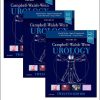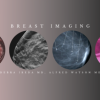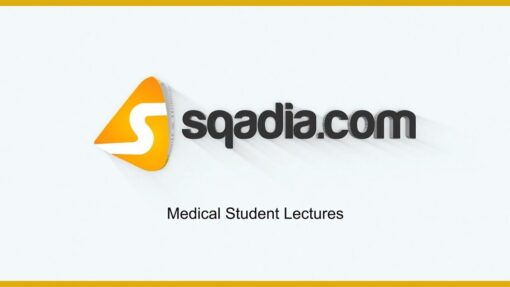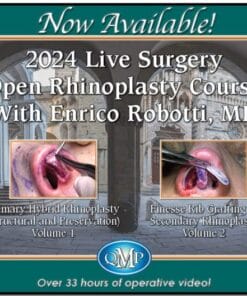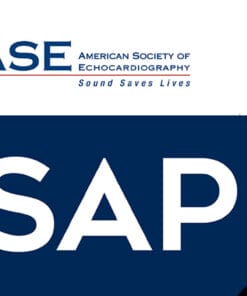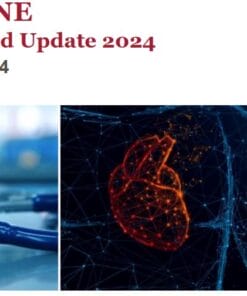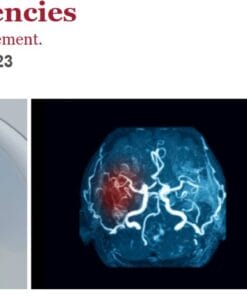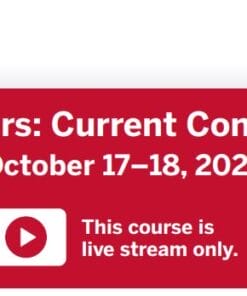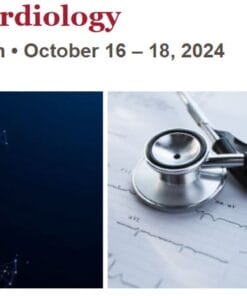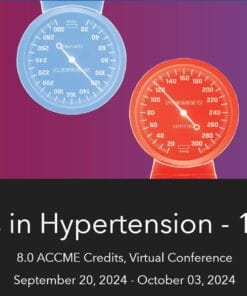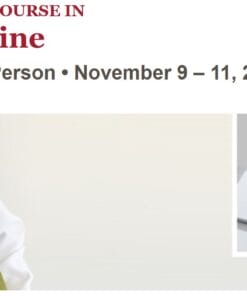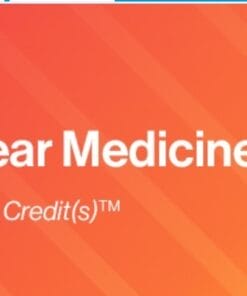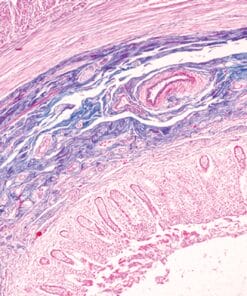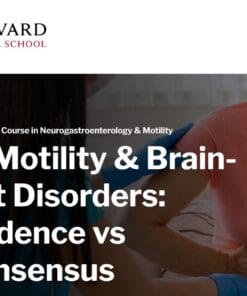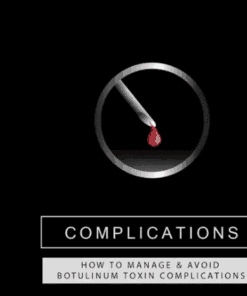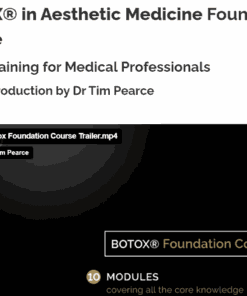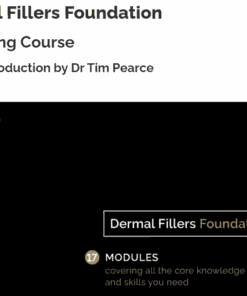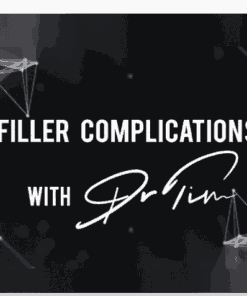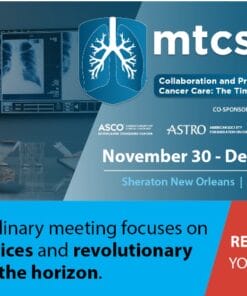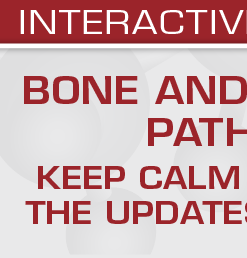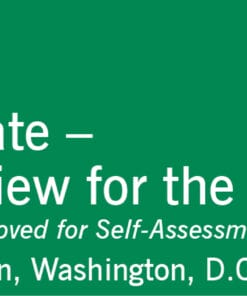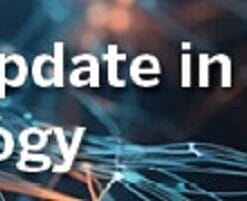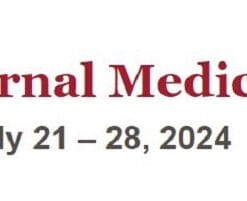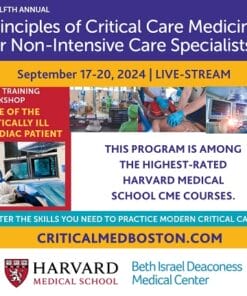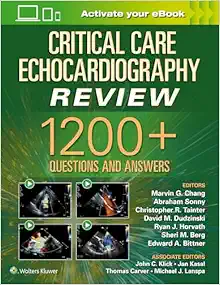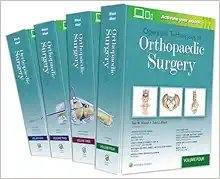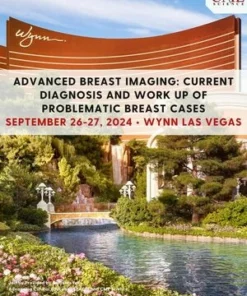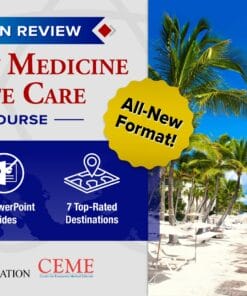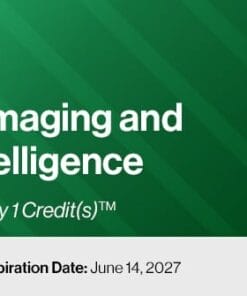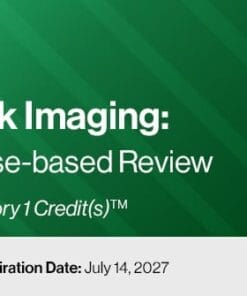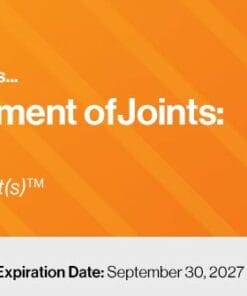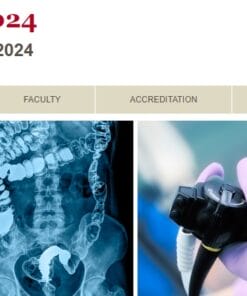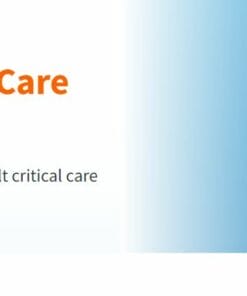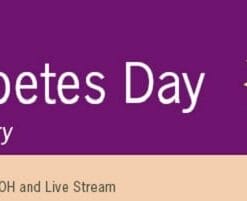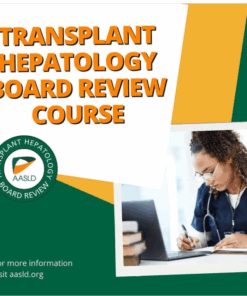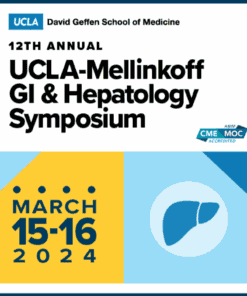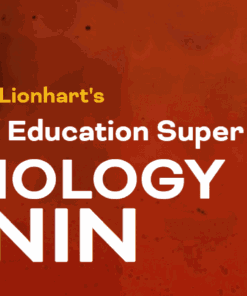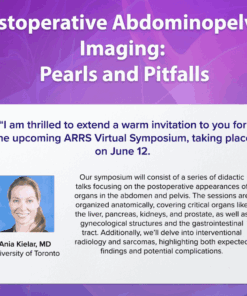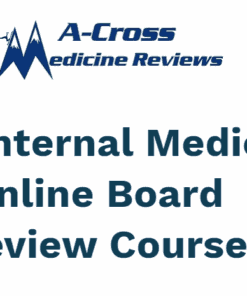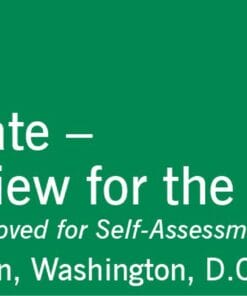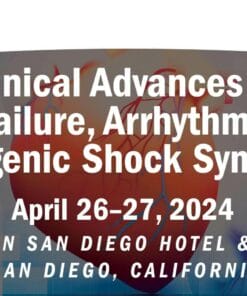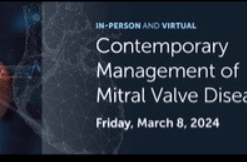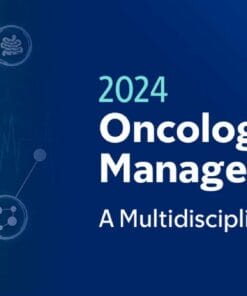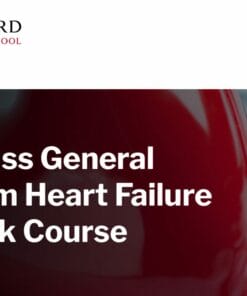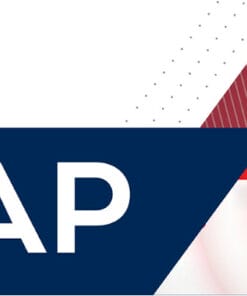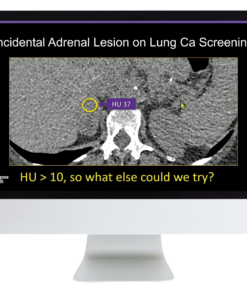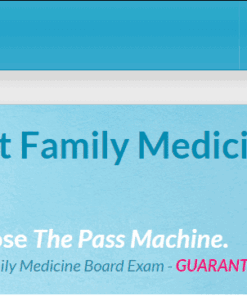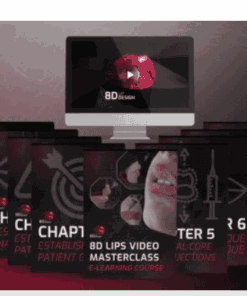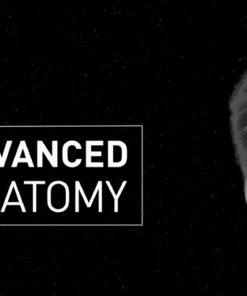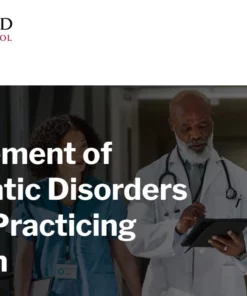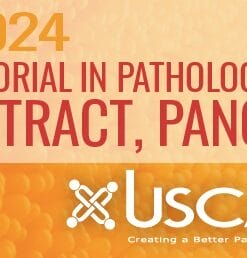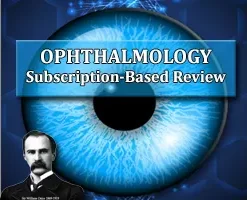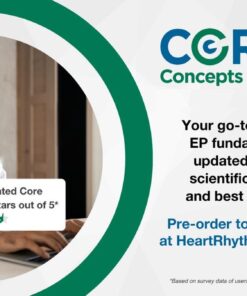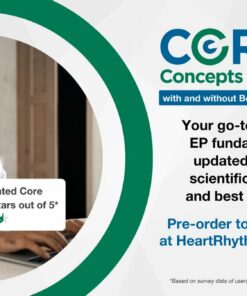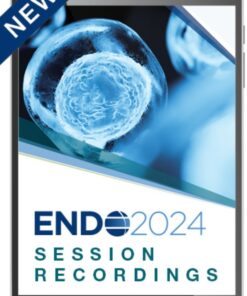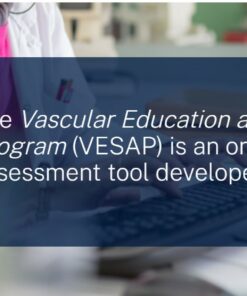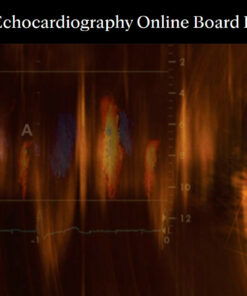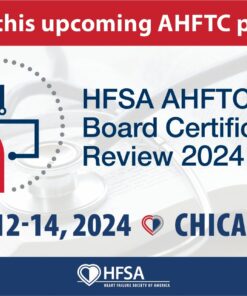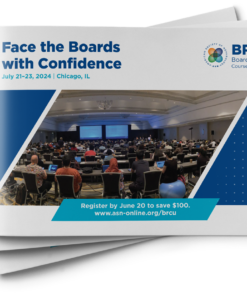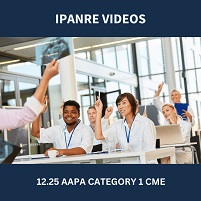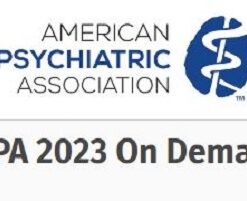sqadia.com has breathed life into the concept of V-learning™, with our medical editing team and professional educators, ensuring each lecture is a jackpot of information, packaged to you in an engaging manner. Providing an experience, that is beyond the classroom with special focus on deepening the understanding of the clinical practice and medical examinations, in relation to real-life case studies, so students are able to truly learn and assimilate all concepts. Explore through our vast catalogue of over 1500+ video lectures, to learn a huge range of topics.
sqadia120
Bite-sized videos packed with everything you need to know in just 120 seconds….Hence the name “sqadia120”. How genius! So, if you are looking for just an overview, we got you covered!
Exam Tips
Looking for important questions your examiner might ask in your oral exam? Or just need notes to go through a single topic? Just watch our exam tips! They are short videos that accompany our full length lectures. They act as visual notes, which are focusing on just a single topic.
Crash Courses
The course will give the student an overview of the curriculum and content. Such courses are quite useful if you want a quick introduction to a very extensive subject.For students, this is particularly useful tool up to the exam.
Topics:
Medicine
– 2-Minute Medicine_ Thyrotoxicosis
– Approach to Cancer Patient
– Asthma vs COPD
– Benign and Malignant Diseases of Prostate
– Bladder and Renal Cell Carcinomas
– Bladder Pain Syndrome
– Breast Cancer
– Cancer Cell Biology
– Cancer Genetics
– Cancer Treatment
– Cancer_ Prevention and Early Detection
– Cough and Hemoptysis
– DKA vs HHS
– Dysphagia
– Edema
– Electrolytes Imbalance
– Gait and Balance Disorders
– Gastrointestinal Bleeding
– Gastrointestinal Neuroendocrine Tumors
– Head and Neck Cancer
– Heart Murmur – I
– Heart Murmur – II
– Hepatocellular Carcinoma
– Hyperkalemia
– Hypernatremia
– Hypokalemia
– Hyponatremia
– Hypoxia and Cyanosis
– Infections in Cancer Patients
– Lower Gastrointestinal Cancers
– Lung Abscess
– Lung Cancer
– Medicine Video Lectures
– Muscle Paralysis
– Pancreatic Cancer
– Pancreatic Neuroendocrine Tumors
– Sensory Loss
– Sexual Dysfunction
– Spirochetal Diseases
– Syncope
– Testicular Cancer
– Treatment of Prostate Cancer
– Tuberculosis (TB)
– Tumors of Liver and Biliary Tree
– Upper Gastrointestinal Tract Cancers
– Urinary Abnormalities – I
– Urinary Abnormalities – II
Medicine Cardiology
– Aortic Regurgitation
– Aortic Stenosis
– Arterial Hypertension
– Cardiac Arrest
– Cardiac Channelopathies
– Cardiogenic Shock after Myocardial Infarction
– Chest Radiography
– Chronic Coronary Artery Disease
– Electrocardiography
– Heart Failure
– Heparin
– Infective Endocarditis
– Management of Heart Failure
– Mitral Valve Disease
– Mitral Valve Prolapse
– Myocarditis
– Non-ST-Elevation Myocardial Infarction
– Percutaneous Coronary Intervention
– Pulmonary Embolism
– Pulmonary Hypertension
– Rheumatic Fever
– ST-Elevation Myocardial Infarction
– Thorax
– Traumatic Heart Disease
– Tricuspid and Pulmonic Valve Disease
– Vitamin K Antagonists
Medicine Emergency
– 2-Minute Emergency Medicine_ Assessment of level of Consciousness
– 2-Minute Emergency Medicine_ Emergency Management of Shock
– 2-Minute Emergency Medicine_ Management of Status Epilepticus
– Abdominal Pain Management – I
– Abdominal Pain Management – II
– Abnormal Behavior
– Acute Bleeding
– Acute Diarrhea
– Acute Gastrointestinal Bleeding – I
– Acute Gastrointestinal Bleeding – II
– Acute Headache
– Acute Vomiting – I
– Acute Vomiting – II
– Airway Emergency Management
– Alcohol-Related Emergencies
– Altered Mental Status
– Anaphylaxis Management
– Cardiac Dysrhythmias
– Cardiopulmonary Resuscitation
– Chest Pain Emergency – I
– Chest Pain Emergency – II
– Constipation Management
– Diabetic Emergency
– Emergency Management of Shock
– Emergency Treatment of Burns
– Genitourinary Emergencies – I
– Genitourinary Emergencies – II
– Heparin vs. Warfarin
– Hypertensive Emergencies
– Introduction to Emergency Medicine
– Pulmonary Emergency – I
– Pulmonary Emergency – II
– Severe Sepsis and Septic Shock
– Shortness of Breath in Adults – I
– Shortness of Breath in Adults – II
– Traumatic Injuries
– Types of Circulatory Shock
– Watch Emergency Medicine Video Lectures
Medicine Endocrinology
– Addison’s Disease
– Adrenocorticotropic Hormone (ACTH)
– Diabetes Mellitus Pathophysiology
– Diabetic Ketoacidosis
– DKA vs HHS
– Hormones_ Mechanism of Action
– Hyperparathyroidism
– Hypoglycemia
– Obesity
Medicine Family
– Abdominal Pain
– Diabetes
– Diabetes Mellitus Pathophysiology
– Hypopituitarism
Medicine Forenic
– Alcohol, CO and Organophosphorus Poisoning
– Ancestry and Dating of Skeletal Remains
– Animal Poisoning
– Autopsy_ Internal Examination Procedure
– Cardiac Poisoning
– Cerebral Toxicity
– Chest and Abdominal Injuries
– Child Homicide
– Death Associated with Sexual Offences
– Death from Starvation
– Deaths Associated with Pregnancy
– Deaths in Surgical Procedure and Barotrauma
– Fatal Child Abuse
– Fatal Pressure on the Neck
– Forensic Autopsy
– Forensic Dentistry
– Forensic Entomology and Post-mortem Interval
– Forensic Psychiatry – I
– Forensic Psychiatry – II
– Gunshot and Explosion Deaths
– Head and Spinal Injuries
– Identity of Human Remains
– Immersion Deaths
– Inebriant Poisons
– Internal Examination and Exhumation
– Intracranial Injuries
– Metallic Poisoning and Solvent Abuse
– Pathology of Sudden Death
– Pathology of Wound
– Physical Abuse and Death in Custody
– Poisoning and the Pathologist
– Poisoning by Medicines
– Post-mortem Decomposition
– Self-Inflicted Injury
– Snake Bite Poisoning
– Spinal Poison
– Sudden Death from Cardiac Diseases
– Sudden Death in Infancy
– Suffocation and Asphyxia
– Transportation Injuries
Medicine Gastroenterology
– 2-Minute Gastroenterology_ Hepatic Cirrhosis
– Barrett’s Esophagus
– Barrett’s Esophagus (Animation)
– Cholelithiasis – I
– Cholelithiasis – II
– Cholelithiasis Treatment
– Crohn’s Disease – I
– Crohn’s Disease – II
– Esophageal Injury and Infections
– Esophageal Tumors
– Feeding and Eating Disorders – I
– Feeding and Eating Disorders – II
– Gastritis
– Gastritis (Animation)
– Gastroesophageal Reflux Disease
– Helicobacter Pylori Infection
– How Anti-Emetics Treat Emesis_
– Irritable Bowel Syndrome
– Peptic Ulcer Disease
– Portal Hypertension
– Primary Sclerosing Cholangitis
– Tumors of Stomach
– Ulcerative Colitis – I
– Ulcerative Colitis – II
Medicine Hematology
– 3 Causes of Thrombocytopenia
– Acquired Hemolytic Anemias
– Acute Myeloid Leukemia
– Bone Marrow Failure Syndromes – I
– Bone Marrow Failure Syndromes – II
– Chronic Myeloid Leukemia
– Disorders of Hemoglobin – I
– Disorders of Hemoglobin – II
– Essential Thrombocytosis
– Hemophilia
– Hemostasis
– Heparin
– Hypoproliferative Anemia
– Inherited Hemolytic Anemias
– Megaloblastic Anemias
– Multiple Myeloma
– Plasma Cell Disorders
– Polycythemia Vera
– Primary Myelofibrosis
– Rare Bleeding Disorders
Medicine Infectious
– 2-Minute Infectious Medicine_ Coronavirus
– Acute Bacterial Meningitis
– Acute Infectious Diarrhea
– Acute Viral Meningitis
– Amebiasis
– Antibacterial Therapy
– Antibiotics in Clinical Use
– Ascariasis
– Aspergillosis
– Babesiosis
– Botulism
– Botulism (Animation)
– Brain Abscess
– Brucellosis
– Burn-Wound Infections
– Candidiasis
– Chagas Disease
– Chagas Disease (Animation)
– Chronic Meningitis
– Coccidioidomycosis and Blastomycosis
– Community Acquired Pneumonia
– Complicated UTI
– COVID-19 Clinical Features
– COVID-19 Proper Way to Put on a Face Mask
– COVID-19 Treatment
– Cryptococcosis
– Cryptococcosis (Animation)
– Dengue Virus Infection
– Encephalitis
– Encephalitis Diagnosis
– Filarial Infections
– Fluoroquinolones
– Herpes Simplex
– Histoplasmosis
– Human Papillomavirus Infections
– Influenza
– Intestinal Nematode Infections – I
– Intestinal Nematode Infections – II
– Leishmaniasis
– Leishmaniasis (Animation)
– Lymphatic Filariasis
– Malaria – I
– Malaria – II
– Malaria (Animation)
– Management of Infectious Diseases
– Mucormycosis
– Mumps
– Pneumocystis Pneumonia
– Pneumocystis Pneumonia (Animation)
– Protozoal Infections of Intestine
– Rabies
– Rubeola and Rubella
– Shigellosis
– Skin and Soft Tissue Infections
– Subacute Meningitis
– Subdural Empyema
– Systemic Mycoses – I
– Systemic Mycoses – II
– Tetanus
– Tetanus (Animation)
– Tissue Nematode Infections
– Toxoplasma Infections
– Toxoplasmosis
– Trichinellosis
– Tuberculosis
– Tularemia
– Vibrio Cholerae
– Visceral Leishmaniasis
Medicine Neurology
– 2-Minute Emergency Medicine_ Management of Status Epilepticus
– 2-Minute Neurology_ Alzheimer’s disease
– 2-Minute Neurology_ Bell’s Palsy
– 2-Minute Neurology_ Cerebral Abscess
– 2-Minute Neurology_ Guillain-Barre Syndrome
– 2-Minute Neurology_ Monoclonal Gammopathy
– 2-Minute Neurology_ Vasculitic Neuropathy
– Acromegaly
– Alzheimers Disease Neurology
– Amyotrophic Lateral Sclerosis
– Arginine Vasopressin Deficiency
– Ataxic Disorders
– Coma
– Cranial Nerve Disorders
– Cushing’s Syndrome
– Dementia
– Demyelinating Diseases
– Disorders of Neurohypophysis
– Epilepsy
– Guillain-Barre Syndrome (SJ)
– How Benzodiazepines Treat Sleep Disorders_
– Hydrocephalus
– Immune Mediated Neuropathies
– Intracranial Hemorrhage
– Ischemic Stroke
– Ischemic Stroke Etiology
– Ischemic Stroke Prevention
– Multiple Sclerosis
– Myalgic Encephalomyelitis
– Myasthenia Gravis
– Myositis
– Neuro Assessment – I
– Neuro Assessment – II
– Neuro Assessment – III
– Neurologia Cefalea – I
– Neurologia Cefalea – II
– Prion Diseases
– Sellar Masses
– Stroke Syndromes
– Traumatic Brain Injuries
– What is Neurology_
Medicine Rheumatology
– Acute Rheumatic Fever
– Ankylosing Spondylitis
– Antiphospholipid Syndrome
– Behcet´s Syndrome
– MS vs SLE
– Relapsing Polychondritis
– Scleroderma – I
– Scleroderma – II
– Sjogren’s Syndrome
– Spondyloarthritides
– Systemic Lupus Erythematosus – I
– Systemic Lupus Erythematosus – II
Medicine Statistics
– Data Collection
– Data Handling
– Interpretation of Diagnostic Tests_ Laboratory Statistics
– Presenting Research Findings
– Probability and Distributions
– Research Design
– Statistical Tests
– Using Statistical Software and Summarizing Data


